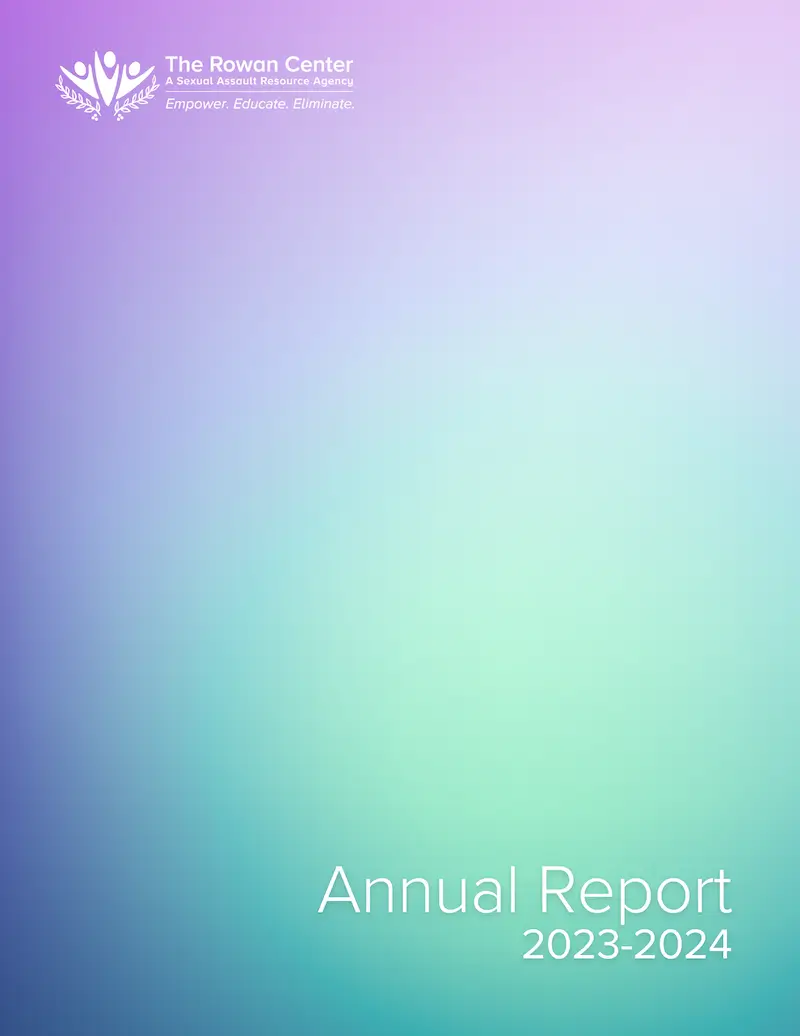Trusted Adults Activity
Make a list of trusted adults with your child.
To be most effective, making the list should be a collaborative process with your child. With younger kids, this may involve asking them to talk about safe adults. Once a child can write, have them help you write a list. With older kids and teens, it’s important to make sure they have an active role in choosing their adults because these need to be adults they can actually talk to.
After making the list, have a conversation with each person on your child’s list to let them know and get them on the same page about privacy. If possible, have these conversations with at least one guardian, the trusted adult, and the child present.
As you’re making the list, ask the following questions:
- Do both of us agree on all the people on this list?
- Is everyone on this list an adult?
- Does this list include at least one teacher or other school staff?
- What conversations with adults who are not guardians will have to be shared with guardian(s), and what can be kept private?
Ways to Connect with Your Child
Try to spend time with your child every day. Get curious and encourage conversation with them. Here are some additional tips:
- Any time is better than no time. Having dinner together as a family every night is great, but if you only see your children when you drive them to school in the morning, make the most of it.
- Make sure it’s time dedicated to connection.
- Not all connection needs to be about safety for it to be effective.
- Connect over their interests. Ask them to teach you to play their favorite video game or a craft.
- Manage expectations. If you haven’t been focusing on this previously, it will take time to build trust, especially in older kids.
- If you’re struggling to connect with a teenager, it may be helpful to let them choose a “main” trusted adult to facilitate the ongoing, consistent connection. This may be them preferring one parent over the other or choosing another trusted family member like an aunt or uncle.
Download the safe adults activity sheet.
The Clean and Healthy Rule
We can teach safety to kids through the Clean and Healthy Rule.
The only people who are allowed to touch or look at a child’s private areas of their body are a guardian or caretaker (parents, babysitters when the guardians deem appropriate) or a healthcare provider.
They are only allowed to do so when it is to keep the child clean and/or healthy.
No adults or older children should be showing a child their private areas or asking a child to touch their private areas.
Make sure to use the words “safe” and “unsafe” touch rather than “good” and “bad” touch. Good and bad can be confusing for children.
Secrets vs. Surprises
Even though it’s a rule that it isn’t safe for adults to ask kids to keep secrets, most adults don’t know this.
You can simply explain this to your child and explain that if an adult doesn’t know, it doesn’t mean that adult is a bad person, but it is important to check in with a trusted adult so they can make sure the other adult understands the rules.
Secrets:
- Not meant to be told
- Someone could get hurt if it’s kept
- It is not fair for adults to ask kids to keep secrets, because it’s too much pressure and confusing
- No one should ask a child to keep a secret from their parents, guardians, or teachers
Surprises:
- Only kept for a short time
- Everyone is happy when it’s told
Private information:
- Information that is private for safety reasons
- Not kept secret from parents or guardians
- Examples include: medical information, addresses, phone numbers
Download the Clean and Healthy Rule handout.
Amaze Videos
Parental involvement in health education and providing age-appropriate sexual health education are key components in protecting children against sexual abuse. Amaze has short videos on topics that are designed for middle school-age students to help parents answer questions that their children may have about sexual health in an age-appropriate and safe way.
Common Sense Media
A great resource to help parents keep children safe online is Common Sense Media, which provides reviews and ratings from the organization, other parents, and kids on all types of media including online games and social media platforms, empowering parents to make more informed and safer choices for their children.
Visit the website.
Culture Reframed
Culture Reframed equips parents and educators with the tools they need to ensure kids develop healthy, respectful, and egalitarian views of sex and intimacy throughout their lives.
Every year, Culture Reframed supports tens of thousands of parents, professionals, and educators around the world with the resources they need to promote healthy child and youth development.

